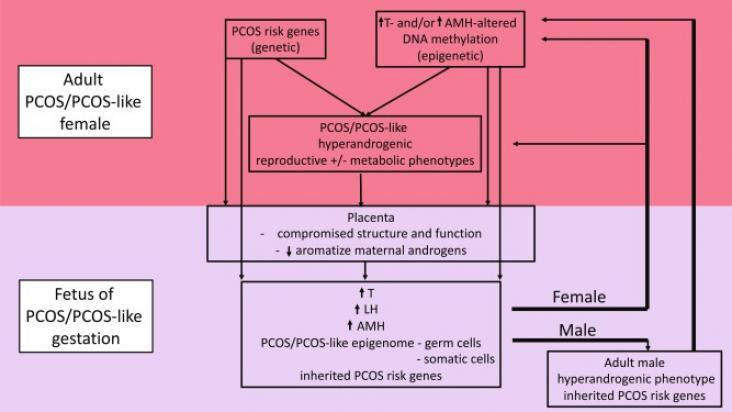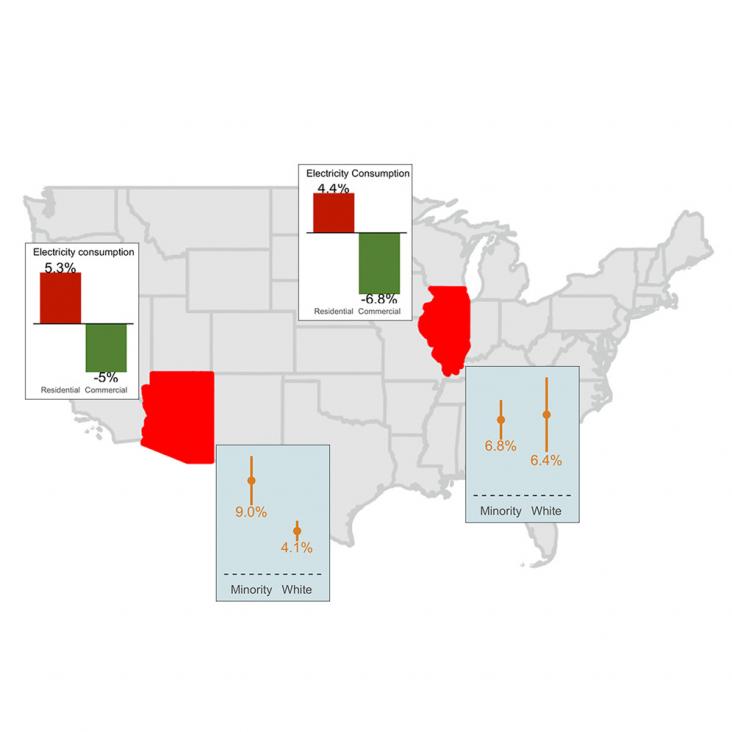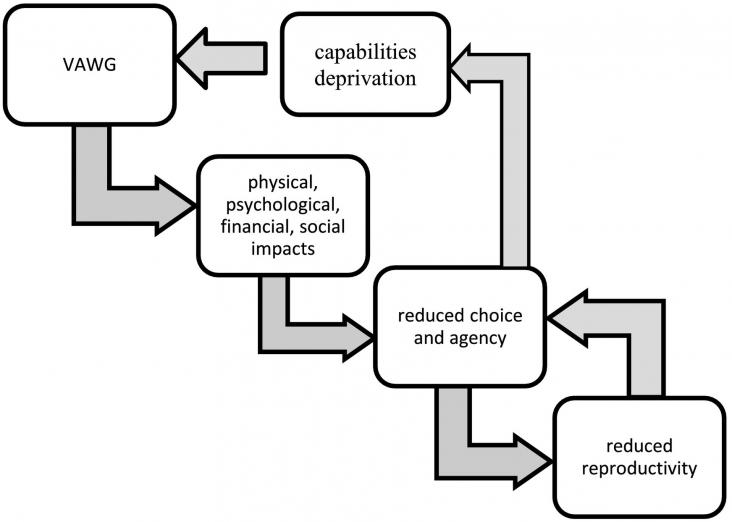This chapter advances goals 3 and 5 by examining the complexities of gender in agriculture, how their roles differ with solutions identified for future progress.
Gender norms also apply to the expectations around food and cooking. "I am a widow therefore I can cook: I am a widower therefore I need someone to cook for me" is unfounded.
Elsevier,
Polycystic Ovary Syndrome, Challenging Issues in the Modern Era of Individualized Medicine, 2022, Pages 23-38

Focuses on the evidence for PCOS pathogenesis in women and underlying molecular gateways enabling its development during hyperandrogenic gestations in animal models. Support the SDG target 3.7.1 Proportion of women of reproductive age (aged 15–49 years) who have their need for family planning satisfied with modern methods.
Women who experience physical IPV are a vulnerable population who disproportionately use abortion services, both within and outside the legal system. The specific needs of this population should be considered when increasing the availability of reproductive care in India.

To help create awareness and take steps towards eliminating violence against women, November 25th is designated as International Day for the Elimination of Violence against Women. Elsevier has curated a freely available Special Collection of book chapters and journal articles related to this important theme to highlight the urgent need to end violence against women and girls.
Underneath the façade of supposedly bubbly girls, living daily lives in many parts of Nigeria lies the problem of lack of access to proper menstrual hygiene management tools or kits.

The COVID-19 pandemic has exacerbated energy insecurity and economic hardship among vulnerable populations.

This article presents unique data on the economic and social impacts of Violence against Women and Girls (VAWG) in development contexts.
Objectives: We determined the representation of women in sport sciences research leadership by assessing the proportion of women in (i) leading authorship positions of randomized controlled trials (RC
